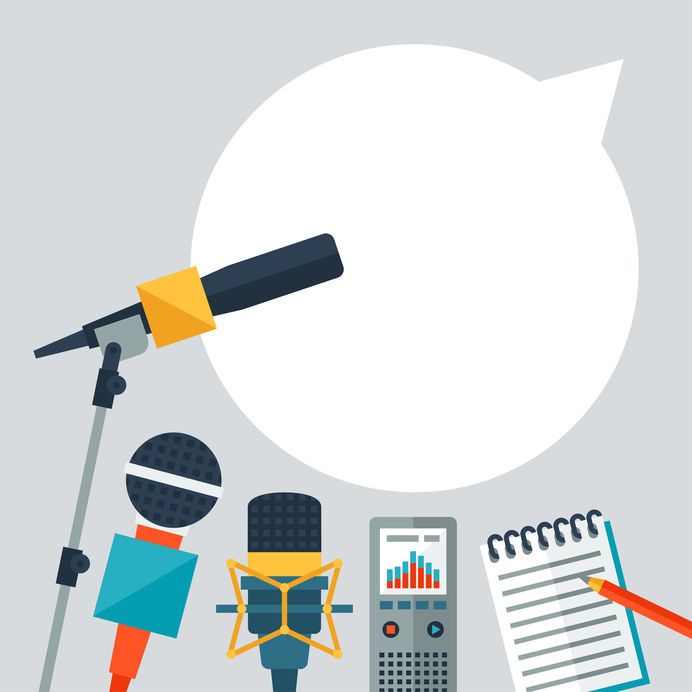-
 All Courses
All Courses
-
 Accounting and Finance
Accounting and Finance -
 Administration and Office Management
Administration and Office Management -
 Business Administration
Business Administration -
 Chemical Engineering
Chemical Engineering -
 Communications and Public Relations (PR)
Communications and Public Relations (PR) -
 Compliance and Legal
Compliance and Legal -
 Construction Management
Construction Management -
 Contract and Project Management
Contract and Project Management -
 Customer Experience and Relationship Management
Customer Experience and Relationship Management -
 Data Management and Business Intelligent
Data Management and Business Intelligent -
 Digital Transformation
Digital Transformation -
 Energy and Sustainability
Energy and Sustainability -
 Health, Safety and Environment
Health, Safety and Environment -
 Healthcare Management
Healthcare Management -
 Hospitality & Tourism
Hospitality & Tourism -
 Human Resources and Talent Development
Human Resources and Talent Development -
 Industrial Manufacturing and Production
Industrial Manufacturing and Production -
 Innovation and Artificial Intelligence (AI)
Innovation and Artificial Intelligence (AI) -
 Leadership and Management
Leadership and Management -
 Oil and Gas
Oil and Gas -
 Procurement & Supply Chain Management
Procurement & Supply Chain Management -
 Public Sector
Public Sector -
 Quality and Productivity
Quality and Productivity -
 Retail and E- Commerce
Retail and E- Commerce -
 Sales and Marketing
Sales and Marketing -
 Sports Event Management and Operations
Sports Event Management and Operations -
 Strategy and Business Planning
Strategy and Business Planning -
 Sustainability and CSR
Sustainability and CSR
-
 Learning Solutions
Learning Solutions
 About Us
About Us
 iLearn Blog
iLearn Blog
-
 Directory Calendar
Directory Calendar
 Contact Us
Contact Us
-
 All Courses
All Courses
-
 Accounting and Finance
Accounting and Finance -
 Administration and Office Management
Administration and Office Management -
 Business Administration
Business Administration -
 Chemical Engineering
Chemical Engineering -
 Communications and Public Relations (PR)
Communications and Public Relations (PR) -
 Compliance and Legal
Compliance and Legal -
 Construction Management
Construction Management -
 Contract and Project Management
Contract and Project Management -
 Customer Experience and Relationship Management
Customer Experience and Relationship Management -
 Data Management and Business Intelligent
Data Management and Business Intelligent -
 Digital Transformation
Digital Transformation -
 Energy and Sustainability
Energy and Sustainability -
 Health, Safety and Environment
Health, Safety and Environment -
 Healthcare Management
Healthcare Management -
 Hospitality & Tourism
Hospitality & Tourism -
 Human Resources and Talent Development
Human Resources and Talent Development -
 Industrial Manufacturing and Production
Industrial Manufacturing and Production -
 Innovation and Artificial Intelligence (AI)
Innovation and Artificial Intelligence (AI) -
 Leadership and Management
Leadership and Management -
 Oil and Gas
Oil and Gas -
 Procurement & Supply Chain Management
Procurement & Supply Chain Management -
 Public Sector
Public Sector -
 Quality and Productivity
Quality and Productivity -
 Retail and E- Commerce
Retail and E- Commerce -
 Sales and Marketing
Sales and Marketing -
 Sports Event Management and Operations
Sports Event Management and Operations -
 Strategy and Business Planning
Strategy and Business Planning -
 Sustainability and CSR
Sustainability and CSR
-
 Learning Solutions
Learning Solutions
 About Us
About Us
 iLearn Blog
iLearn Blog Directory Calendar
Directory Calendar
 Contact Us
Contact Us















































 Course category
Course category Course Venue
Course Venue
